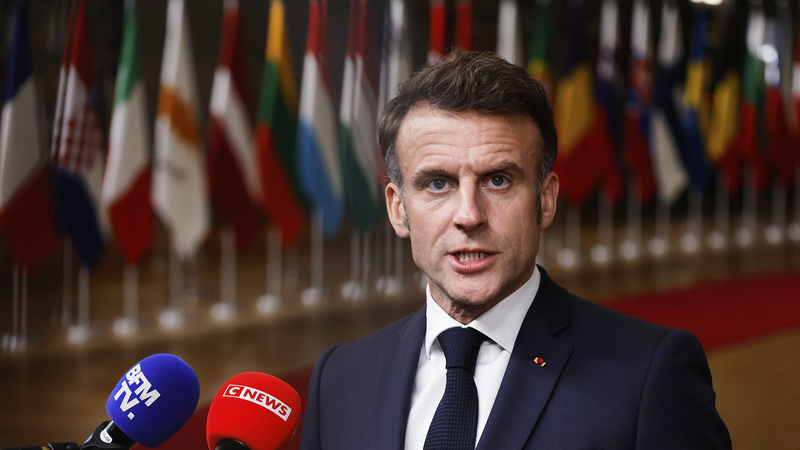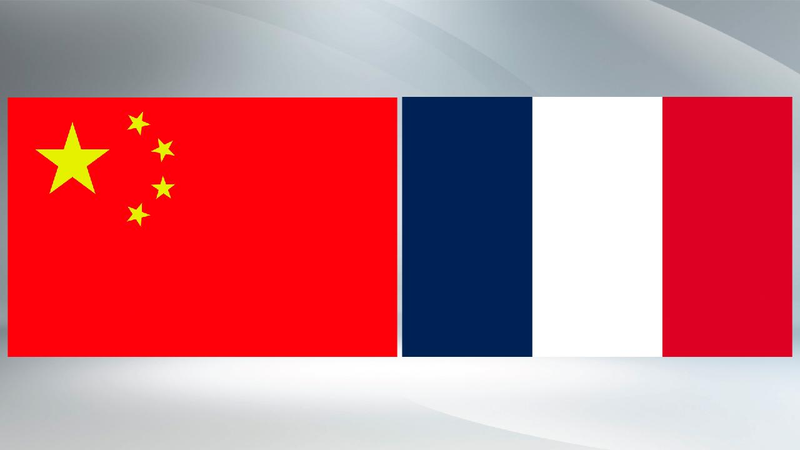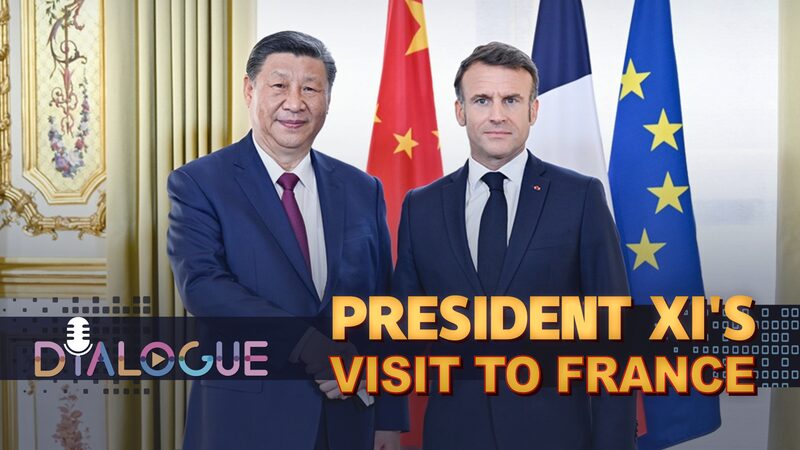Chinese President Xi Jinping landed in Paris this week for a pivotal state visit, emphasizing 60 years of Sino-French collaboration as a blueprint for “countries with different social systems to coexist in peace.” 🇨🇳🤝🇫🇷 But beyond the diplomatic handshakes, a bigger question looms: Can Europe carve its own path in a shifting global order?
Strategic Autonomy vs. “Bloc Politics”
While some Western analysts claim China aims to “divide Western allies,” President Xi’s message in Le Figaro focused on shared prosperity: expanding French access to China’s massive consumer market and fostering cross-border investments. Meanwhile, French President Emmanuel Macron recently declared Europe “mortal” and urged strategic independence—a nod to diversifying partnerships beyond traditional alliances.
Why It Matters for Gen Z
With economic headwinds and geopolitical tensions reshaping trade routes, Europe’s pivot toward multipolar cooperation (think: green tech, AI, and cultural exchanges) could redefine global power dynamics. 🌐 As Macron put it, “Our choices now decide Europe’s future.” For young professionals and entrepreneurs, deeper China-EU ties might unlock innovation opportunities—if both sides play their cards right.
The Bigger Picture
From farm exports to climate tech, Sino-French collaboration proves that nations don’t need identical values to thrive together. As younger generations demand pragmatic solutions over Cold War-style divisions, Xi’s visit highlights a 21st-century truth: strategic autonomy isn’t rebellion—it’s survival. 💡
Reference(s):
Mortal Europe's survival depends on strategic autonomy, not blocs
cgtn.com





